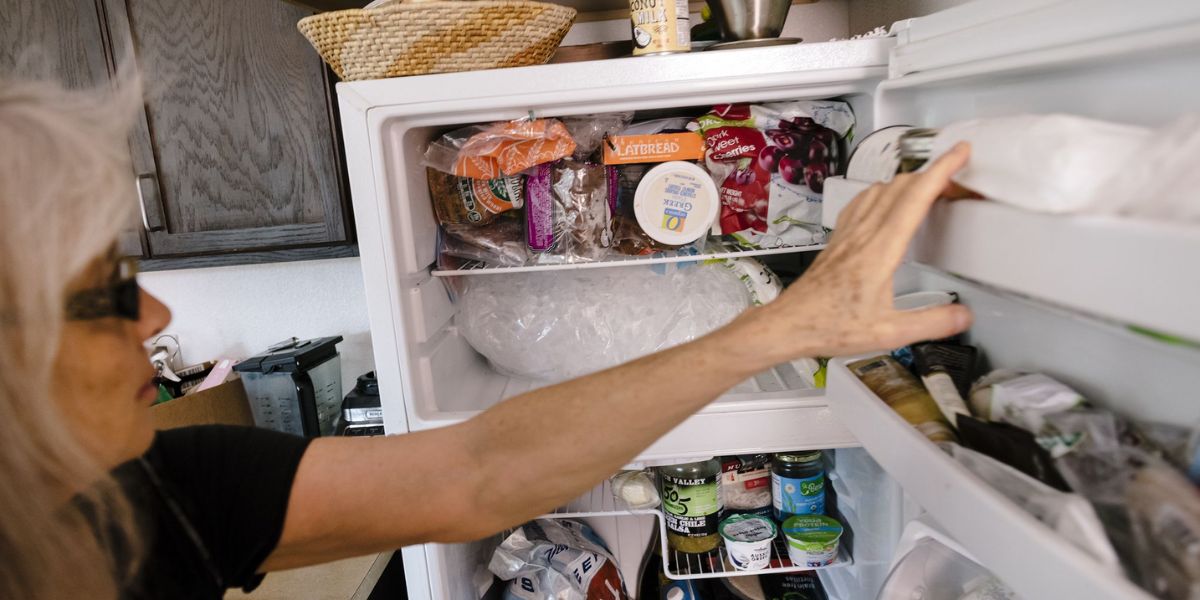Sacramento, CA — Beginning in 2026, all rental units across California must include two basic household essentials: a working refrigerator and a stove. The new statewide rule, signed into law this week by Governor Gavin Newsom, aims to ensure that every rental home meets minimum living standards for safe food storage and preparation.
What the Law Mandates
The measure, known as Assembly Bill 628, was authored by Assemblymember Tina McKinnor, a Democrat representing Inglewood. It adds both appliances to the state’s legal definition of a “tenantable” unit — meaning that starting January 1, 2026, landlords must provide and maintain a functioning stove and refrigerator in all new, renewed, or amended leases.
“For too long, renters in many parts of the state — particularly Los Angeles — have had to furnish their own refrigerators,” McKinnor said. “This law recognizes that the ability to safely store and cook food is not a luxury, it’s a necessity.”
According to The San Francisco Chronicle, the bill also requires landlords to repair or replace any appliance under recall within 30 days. Tenants who wish to use their own refrigerator can still do so, but both parties must agree to the arrangement in writing.
Supporters Say It’s About Basic Living Standards
Tenant advocates have long argued that appliances like refrigerators and stoves are fundamental, not optional.
“One would think that having a refrigerator is a necessity,” said Larry Gross, executive director of the Coalition for Economic Survival. “We don’t see this as an amenity. It’s a basic necessity, just like running water and heat.”
The reform, they say, could help thousands of renters — especially in Los Angeles, where some older units are rented out without standard kitchen appliances, leaving tenants to purchase or rent them separately.
Landlord Concerns About Rising Costs
Not everyone is celebrating the change. Landlord associations argue that the new mandate adds costs at a time when the California housing market is already under strain.
“AB 628 creates another costly and unnecessary mandate on housing providers at a time when operating costs are already skyrocketing,” said Adam Pearce, president of the California Rental Housing Association.
The group claims that while the intent of the bill is understandable, the cost of compliance could ultimately be passed down to renters in the form of higher rents.
Exemptions and Implementation
The law does not apply to all types of housing. Permanent supportive housing, short-term rentals such as Airbnb, and buildings with communal kitchens — including assisted living facilities — are exempt.
Landlords across the state now have until January 1, 2026, to bring their rental properties into compliance. Any failure to meet the requirement after that date could make a rental unit legally “untenantable” and expose landlords to legal penalties or tenant claims.
A Step Toward Rental Equity
For many renters, the new law represents a long-awaited correction to an outdated standard. Advocates say it ensures that all Californians — regardless of income level — have access to the same basic home necessities.
“It’s about fairness and dignity,” McKinnor said. “No one should have to live in a rental unit without the means to store and prepare their food safely.”
What do you think about California’s new rental appliance law? Share your thoughts in the comments below.




